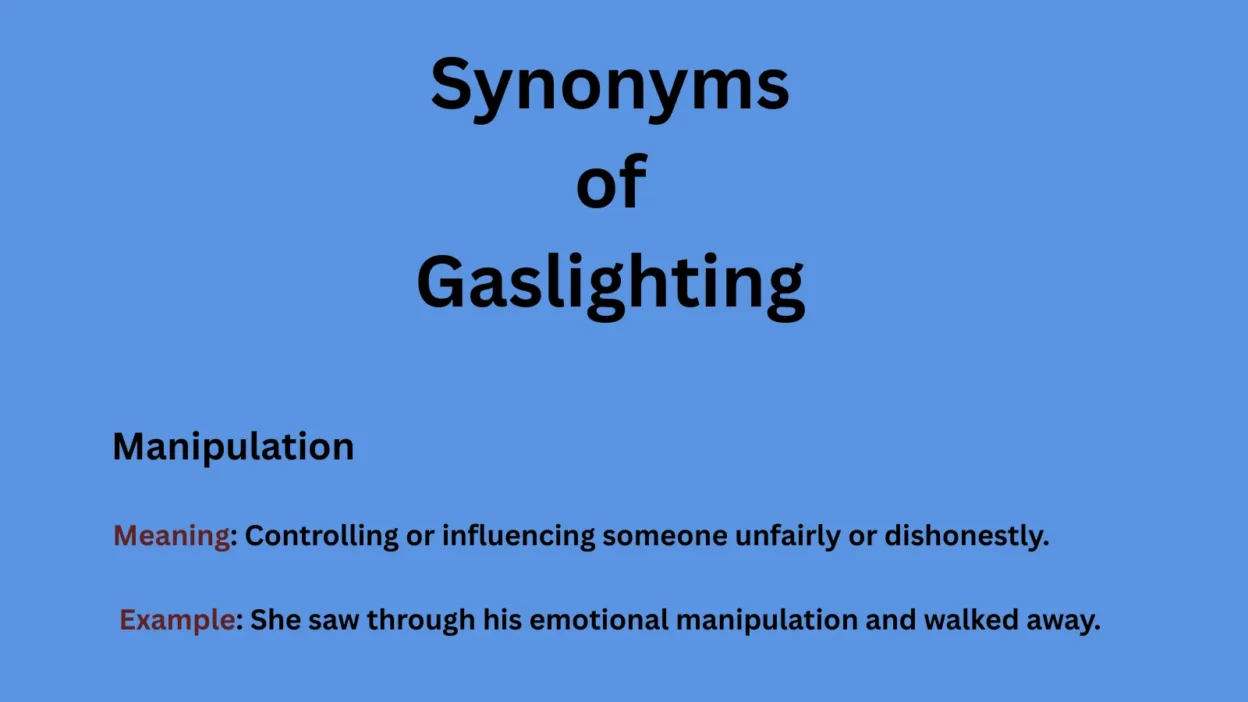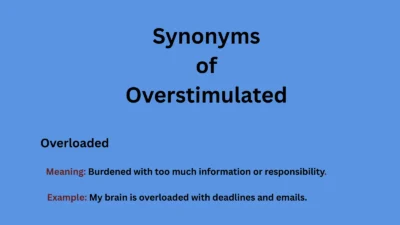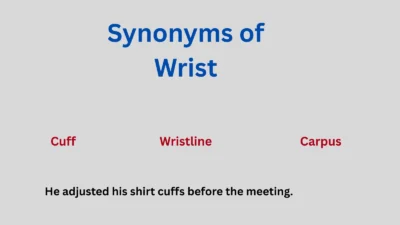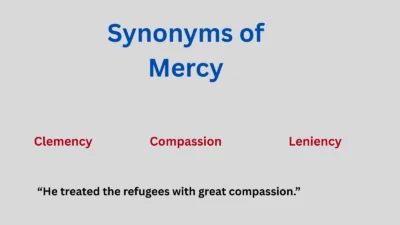Synonyms of gaslighting, such as manipulation, mind control, and emotional deception, describe ways someone twists the truth to make another person doubt their own reality. For example, in a relationship or workplace, gaslighting can make someone question their memory, feelings, or judgment.
Gaslighting synonyms help you express the depth of psyop— whether you’re writing about emotional abuse, power dynamics, or self-awareness. If you’re discussing mental health, toxic behavior, or emotional recovery, choosing precise synonyms for gaslighting makes your message stronger and more empathetic.
In this guide, we’ll explore 30 alternatives, their meanings, and how to use them clearly and respectfully with their pronunciations. Each term captures a unique side of control, confusion, and deceit.
What Does Gaslighting Mean?
Gaslighting means making someone question their own thoughts, memories, or understanding of reality. The term comes from the 1944 film Gaslight, where a husband secretly manipulates his wife into thinking she’s losing her mind.
In today’s world, gaslighting describes emotional or psychological manipulation— often used in relationships, workplaces, or politics. The goal is control: to make the other person doubt themselves so the manipulator keeps power.
Depending on how it’s used, gaslighting can suggest:
- Emotional or mental manipulation
- Control through denial or lies
- Erosion of confidence or self-trust
- Subtle abuse or coercion
It’s not just about lying — gaslighting targets trust itself. It breaks confidence slowly, leaving someone unsure of what’s real. Understanding this word helps you recognize mind games and stand firm in your truth.
Synonyms & Related Words for Gaslighting (And When to Use Them)
1. Manipulation
Meaning: Controlling or influencing someone unfairly or dishonestly.
Use When: You want a broad, general term.
Example: She saw through his emotional manipulation and walked away.
2. Deception
Meaning: The act of making someone believe something that isn’t true.
Use When: The lie is central.
Example: His charm masked a pattern of subtle deception.
3. Mind Games
Meaning: Psychological tricks meant to confuse or destabilize.
Use When: It feels like emotional warfare.
Example: He kept playing mind games that left her emotionally drained.
4. Lying
Meaning: Saying something false with the intent to mislead.
Use When: The falsehood is clear and intentional.
Example: He kept lying even when the facts were obvious.
5. Misdirection
Meaning: Deliberately drawing attention away from the truth.
Use When: The deception is subtle or clever.
Example: Through clever misdirection, he avoided the real issue.
6. Psychological Abuse
Meaning: A form of abuse meant to cause emotional harm.
Use When: Describing long-term emotional damage.
Example: The relationship became a cycle of psychological abuse.
7. Emotional Manipulation
Meaning: Using someone’s feelings against them.
Use When: Emotions are the tool of control.
Example: She realized he was using emotional manipulation to guilt-trip her.
8. Control
Meaning: The power to influence or direct someone’s behavior.
Use When: The issue is about dominance or authority.
Example: He always shows love bombing to maintain control in the relationship.
9. Distortion
Meaning: Twisting facts or truths to mislead.
Use When: Reality is bent, not denied outright.
Example: She was tired of his constant distortion of her words.
10. Deflection
Meaning: Shifting blame or focus away from oneself.
Use When: Avoiding responsibility is the key trait.
Example: Every time she brought up the issue, he deflected blame.
11. Obfuscation
Meaning: Making something deliberately unclear or confusing.
Use When: The goal is to muddy understanding.
Example: His explanations were full of jargon and obfuscation.
12. Projection
Meaning: Accusing others of what you’re doing.
Use When: Someone flips the narrative.
Example: He kept projecting his lies onto her.
13. Gaslighting Lite (Colloquial)
Meaning: Subtle or less severe forms of gaslighting.
Use When: Minimizing the behavior while still recognizing it.
Example: That comment felt like gaslighting lite—just enough to make her doubt herself.
14. Blame Shifting
Meaning: Moving responsibility onto someone else.
Use When: His weaponized incompetence refuses to be held accountable.
Example: He had mastered the art of blame shifting.
15. Denial
Meaning: Refusing to admit the truth.
Use When: The person flat-out rejects reality.
Example: His constant denial made her question her memory.
16. False Narrative
Meaning: A deliberately constructed, untrue story.
Use When: The person rewrites events.
Example: He spun a false narrative to cover his actions.
17. Doublethink
Meaning: Holding two contradictory beliefs at once, often used manipulatively.
Use When: Inspired by Orwellian language.
Example: His words were pure doublethink—both true and false.
18. Reframing
Meaning: Twisting an event to give it a different meaning.
Use When: The manipulation is subtle and intellectual.
Example: She caught him reframing every argument to make her the villain.
19. Minimizing
Meaning: Downplaying the impact or seriousness of something.
Use When: The issue is brushed off.
Example: He kept minimizing her feelings, calling them “overreactions.”
20. Twisting Words
Meaning: Misrepresenting what someone else said.
Use When: Words are used as tools of confusion.
Example: He was always twisting her words against her.
21. Stonewalling
Meaning: Refusing to communicate or engage.
Use When: The silence is used to manipulate.
Example: She felt punished by his constant stonewalling.
22. Invalidation
Meaning: Dismissing someone’s emotions or experiences.
Use When: Emotional erasure is the key tactic.
Example: He constantly invalidated her concerns.
23. Confabulation
Meaning: Fabricating memories or events, sometimes unintentionally.
Use When: You want a psychological term with depth.
Example: He seemed sincere, but his love-bombing stories felt like confabulations.
24. Coercion
Meaning: Using threats or pressure to influence behavior.
Use When: The manipulation is forceful.
Example: She felt coerced into agreeing with him.
25. Mind Control
Meaning: Extreme psychological domination.
Use When: The manipulation is systematic and total.
Example: The cult leader practiced subtle mind control.
26. Persuasion (Unethical)
Meaning: Influencing someone through dishonest tactics.
Use When: There’s a fine line between selling and tricking.
Example: His persuasion tactics bordered on manipulation.
27. Discrediting
Meaning: Undermining someone’s credibility.
Use When: Attacking the person’s sanity or logic.
Example: He kept discrediting her memories.
28. Brainwashing
Meaning: Systematic reprogramming of beliefs.
Use When: There’s total psychological overtake.
Example: They accused the group of brainwashing its followers.
29. Emotional Blackmail
Meaning: Using guilt or fear to get one’s way.
Use When: Emotions are weaponized.
Example: He threatened to leave every time she disagreed—pure emotional blackmail.
30. False Accusations
Meaning: Blaming someone for something they didn’t do.
Use When: Lies are used to shift guilt.
Example: He made false accusations just to avoid consequences.
How to Choose the Right Synonym
Each of these alternatives offers a slightly different shade of meaning. Here’s how to choose wisely:
| Situation | Best Synonym | Why |
| Subtle psychological abuse | Gaslighting, Manipulation, Mind Games | These emphasize control through confusion. |
| Legal or professional writing | Deception, False Accusations, Psychological Abuse | More formal and objective. |
| Casual or emotional conversation | Lying, Twisting Words, Emotional Blackmail | Familiar and emotionally resonant. |
| Literary or dramatic writing | Obfuscation, Doublethink, Reframing | Adds intellectual or stylistic depth. |
Cultural and Emotional Nuance
Some terms carry heavier emotional weight than others. For instance:
- Gaslighting has strong connotations of trauma and abuse.
- Misdirection may imply cleverness or sleight-of-hand, especially in politics or media.
- Brainwashing or mind control evokes a cult-like intensity, best reserved for extreme situations.
Always consider who your audience is and what emotional impact your word choice will have.
Conclusion:
Words like “gaslighting” help us name the invisible patterns of manipulation that can deeply affect our lives. But language has power, and choosing another for gaslighting can give your writing greater precision and impact.
If you’re calling out toxic behavior, analyzing characters, or simply learning new vocabulary, understanding these alternatives will sharpen your communication.
Stay curious, stay articulate—and never let your reality be rewritten without your consent.





